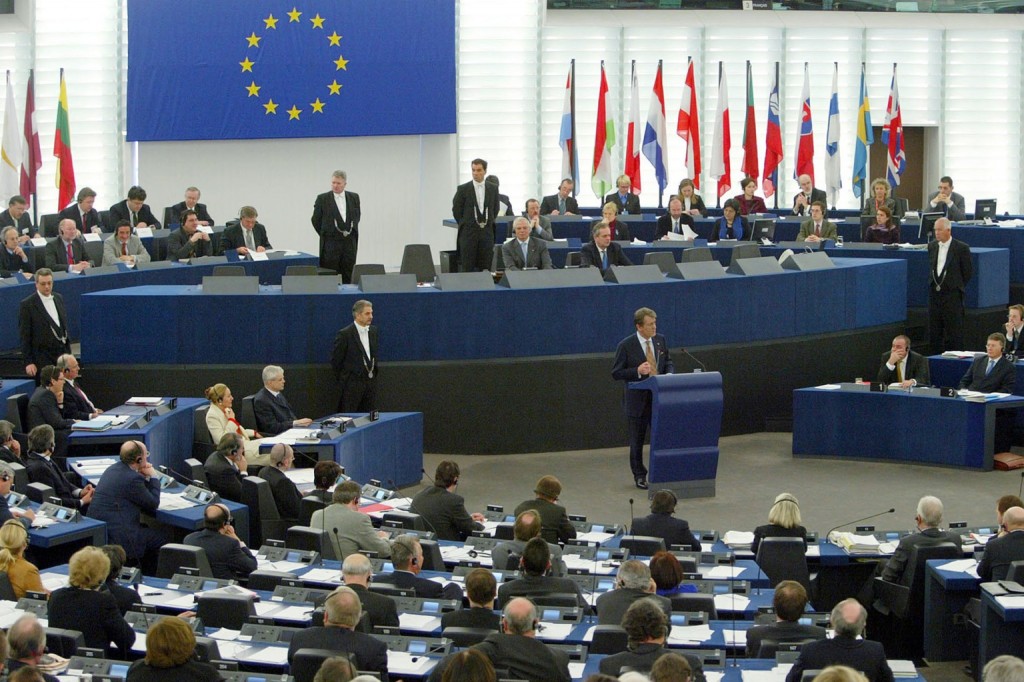Europe assesses 5 new critical minerals in low carbon quest

The European Commission is assessing five new minerals for possible inclusion in a revised list of critical raw materials to be published next year, as it seeks to bolster supply chains for a low emissions economy, a senior Commission official said.
The European Union, the United States and Japan are among Western powers to have compiled lists of the most strategic minerals in response to China’s dominance of minerals used in electric vehicles and other high-tech applications.
Minerals are judged critical or strategic because of their scarcity, their use in high-tech economies and the risk of supply disruption.
The EU has had a list since 2011, which it has revised every three years.
Minerals are judged critical or strategic because of their scarcity, their use in high-tech economies and the risk of supply disruption
An update is expected in the first part of 2020, as the EU executive seeks to define the minerals most relevant to today’s economy and how the import-reliant bloc can guarantee supplies.
Peter Handley, head of the Commission’s resource efficiency unit, told Reuters the Commission was assessing arsenic, cadmium, hydrogen, strontium and zirconium ahead of the publication of the new list.
Cadmium is valued in Europe because of its use in some battery technology and hydrogen is “crucial for decarbonisation of EU industry”, Handley said.
Zirconium is used in the nuclear industry, while strontium has applications in magnets. Arsenic is used in semi-conductors.
For now, the EU has a list of 27 critical raw materials compared with the United States’ list of 35, published in 2018. Japan designated 30 minerals as strategic in 2012.
All three governments will take part in trilateral discussions on critical resources in Brussels in November.
The talks have been held annually after China’s decision to put quotas on overseas shipments of rare earths in 2010, which drove up prices and focused world powers on efforts to cooperate to protect their own supply chains and cut reliance on China.
Japan and the EU are heavily dependent on imports of many minerals and all three powers have yet to challenge China’s dominance of production of rare earth metals, used in advanced electronics.
Some analysts question what the trilateral talks can achieve in a context of global trade tension and national self interest.
Commission Vice President Maros Sefcovic, who has led EU efforts to accelerate electric battery production, told Reuters the EU sought short, clean supply chains.
“The recipe for success is to be very strategic and to cover the whole stage of the production cycle,” Sefcovic said.
“We have a clear ambition. The best and cleanest cars on the planet will be manufactured in Europe. Only battery vehicles respecting these extremely high standards will be driven on the roads in Europe.”
(By Barbara Lewis; Editing by Emelia Sithole-Matarise)
{{ commodity.name }}
{{ post.title }}
{{ post.date }}




Comments